Activist actor Sacheen Littlefeather who said no for Marlon Brando dies
Native American activist Sacheen Littlefeather caused a sensation at the 1973 Academy Awards by refusing an Oscar on behalf of Marlon Brando.
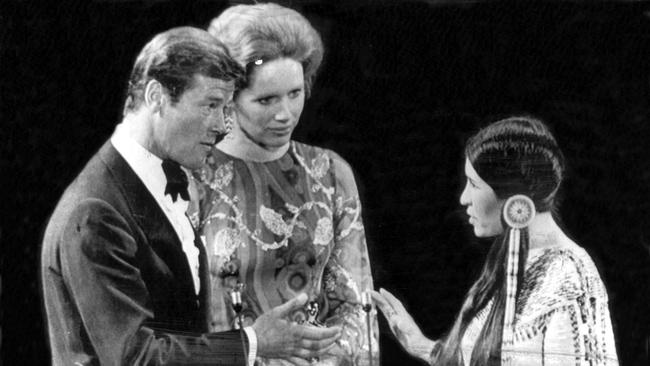
Sacheen Littlefeather. Born November 14, 1946, Died October 2, 2022, aged 76
When Norwegian actress Liv Ullmann read out Marlon Brando’s name as the winner of the best actor Oscar in 1973, Sacheen Littlefeather took a deep breath and prayed to her ancestors.
In front of the great and the good of Hollywood in all their finery, and a global television audience of 85 million, the 26-year-old of Native American heritage walked to the stage as the orchestra struck up the theme to The Godfather, for which Brando had given his Oscar-winning performance as the mafia don Vito Corleone.
On behalf of the actor, Littlefeather then said no to an offer that the Academy of Motion Picture Arts and Sciences thought Brando could not refuse.
Her heart was pounding and she tried not to trip over in her tasselled buckskin dress while padding up to the stage of the Dorothy Chandler Pavilion in her moccasins. She then gestured to Roger Moore (who was holding out the statuette) that she would not accept it from him, and directed her dark, elegiac eyes at a sea of white facaries, many with open jaws.
“I’m Sacheen Littlefeather,” she said in a clear melodic voice. “I’m representing Marlon Brando this evening and he has asked me to tell you … that he very regretfully cannot accept this very generous award and the reasons for this being are the treatment of Native Indians today by the film industry.”
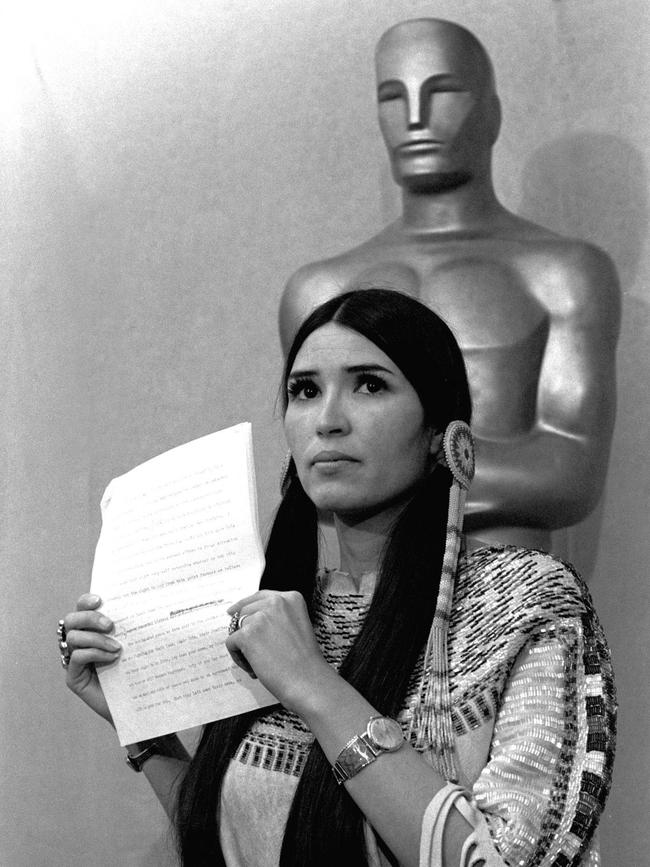
A mixture of booing and then applause rang out. She looked downwards but regained her composure. “Excuse me … and on television and movie reruns … I beg at this time that I have not intruded upon this evening, and that in the future, our hearts and our understandings will meet with love and generosity. Thank you on behalf of Marlon Brando.”
She exited stage left to strong applause, but waiting for her in the wings was an enraged John Wayne, who had dispatched countless “Indians” in the classic westerns of John Ford and seemed intent on killing another in real life. Littlefeather recalled that the veteran actor had to be restrained by six security guards, although her account is disputed by Wayne’s biographer.
She had already been told by the producer of the awards, Howard Koch, that if she read out Brando’s full statement – which also expressed support for a Native American protest at Wounded Knee in South Dakota which was subject to a media blackout – she would be arrested. Told she had 60 seconds if Brando won, she sat pensively during the ceremony and prepared a short refusal speech. Afterwards Littlefeather gave interviews and was flanked by two armed guards as people made war cries or mimicked throwing tomahawks. Some stories that were printed claimed that she was a stripper of Mexican origin. When she returned to Brando’s house at the end of the evening, she said she was shot at in his doorway.

Littlefeather was the first person to make a political statement on the Oscars podium and the first Native American to speak at them. An aspiring actress, she believed that the protest led to more accurate portrayals of Native Americans on screen and she went on to appear in several films that cast her people in less stereotypical storylines, not as what she called “ignorant savages”. Yet her film career was shortlived and claims that she was “red listed” by Hollywood studios were finally acknowledged.
In June this year at the age of 75 Littlefeather was sent a letter of apology by the academy: “The abuse you endured because of this statement was unwarranted and unjustified. The emotional burden you have lived through and the cost to your own career in our industry are irreparable. For this, we offer both our deepest apologies and our sincere admiration.”
Close to death from breast cancer and confined to a wheelchair, Littlefeather accepted the apology while showing she had not lost her sense of humour. “We Indians are very patient people – it’s only been 50 years.”
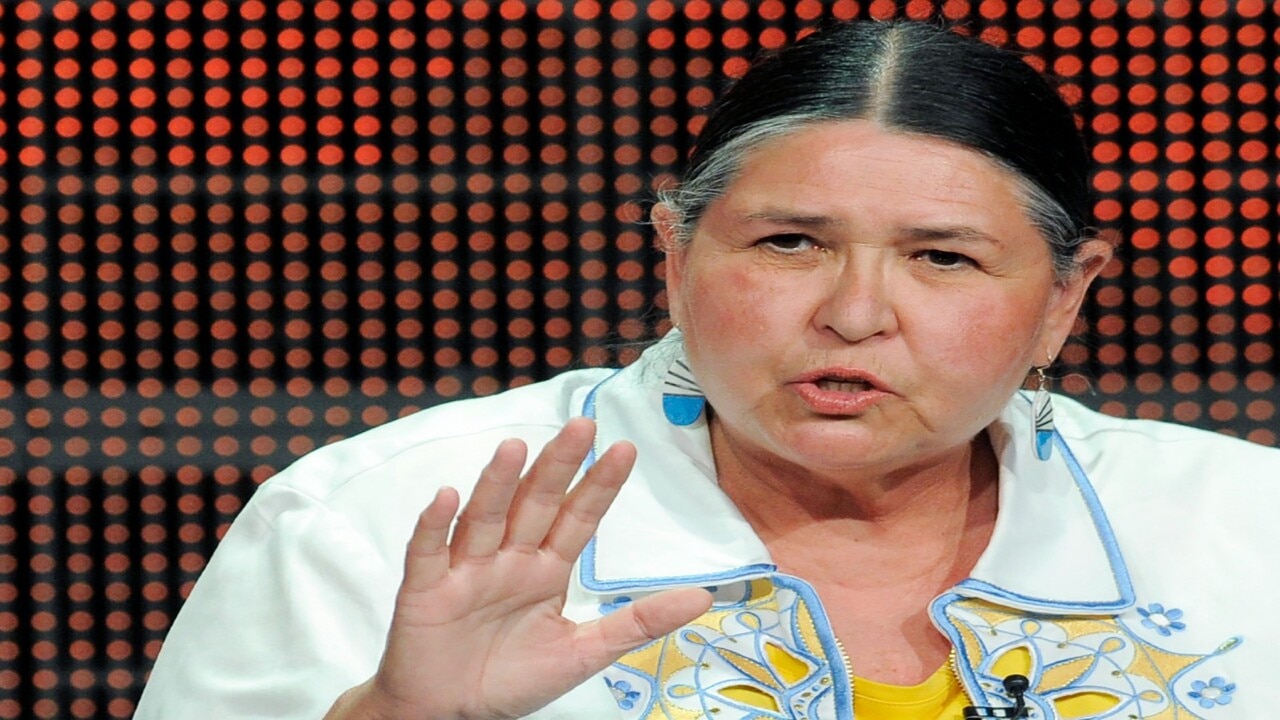
Marie Louise Cruz was born in the back of a pickup truck in California, in 1946 to Manuel Ybarra Cruz, a Native American (White Mountain Apache and Yaqui) artist and saddlemaker. Her French-German-Dutch mother Geroldine (nee Barnitz) was a leather stamper. Her parents had met in Arizona and because mixed-race marriage was then illegal there they moved to Salinas, California.
When she contracted tuberculosis at the age of three she went to live with her maternal grandparents, who sent her to a predominantly white Catholic school where she was bullied. The child remained in contact with her parents and became interested in performing by acting out for her father, who was deaf.
Struggling to reconcile her white and Native American identities, she attempted suicide as a teenager and spent a year in hospital. After recovering, she studied drama at California State University and then moved to San Francisco to work as a model. She became involved in the 19-month occupation of Alcatraz off the coast of San Francisco by protesters who claimed the former prison island for the Native American community under federal law. The 89 activists were forcibly removed in June 1971.
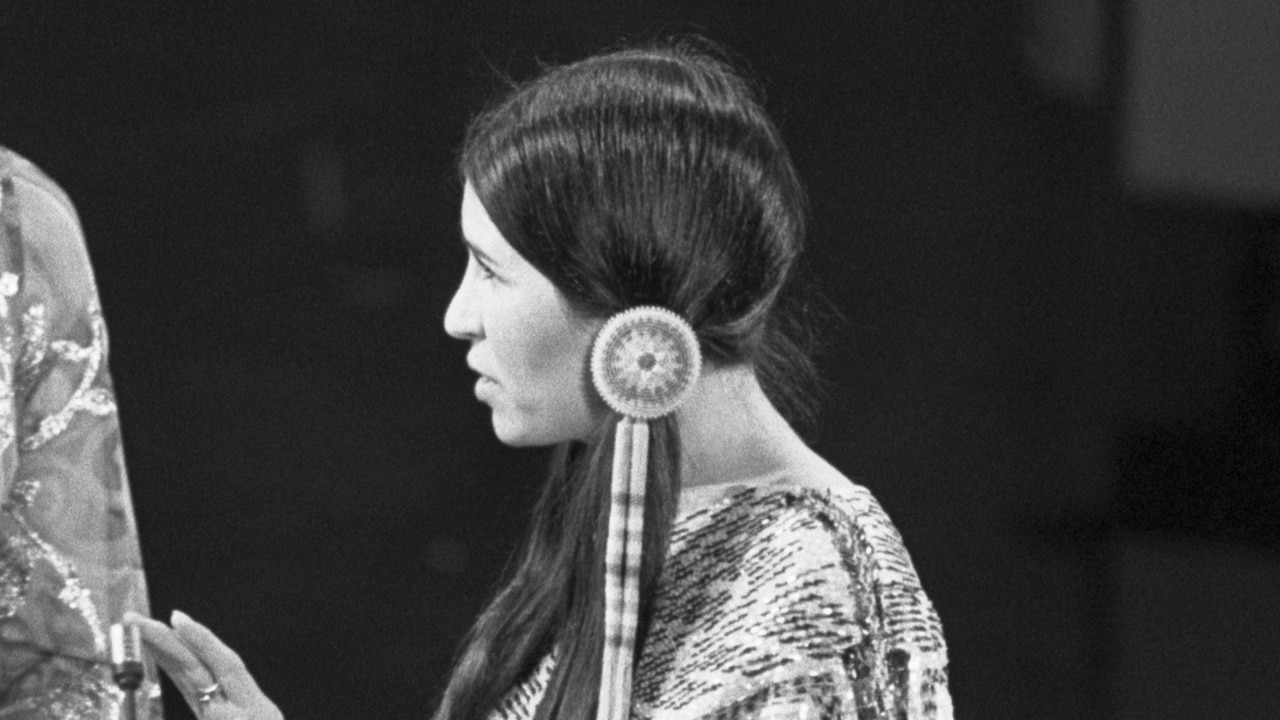
Now going by the name Sacheen Littlefeather, she wrote to Brando to ask for his support and delivered the letter by hand to Francis Ford Coppola, who was directing the actor in The Godfather and whose house in the San Francisco hills she often walked past.
She heard nothing for a year and then received a phone call. “It sure took you long enough. You beat Indian time all to hell,” she told Brando. She was married twice and had no children.
In the early 1980s she studied nutrition and worked as a health consultant for indigenous communities. When her brother died of AIDS, she began working at a Bay Area hospice founded by Mother Teresa to treat people with the condition.
Littlefeather, who retained her gentle and sometimes naive faith in the goodness of others, was often asked how the laconic Brando reacted to her greatest performance. “He said ‘Congratulations. You did well.’ ”
The Times


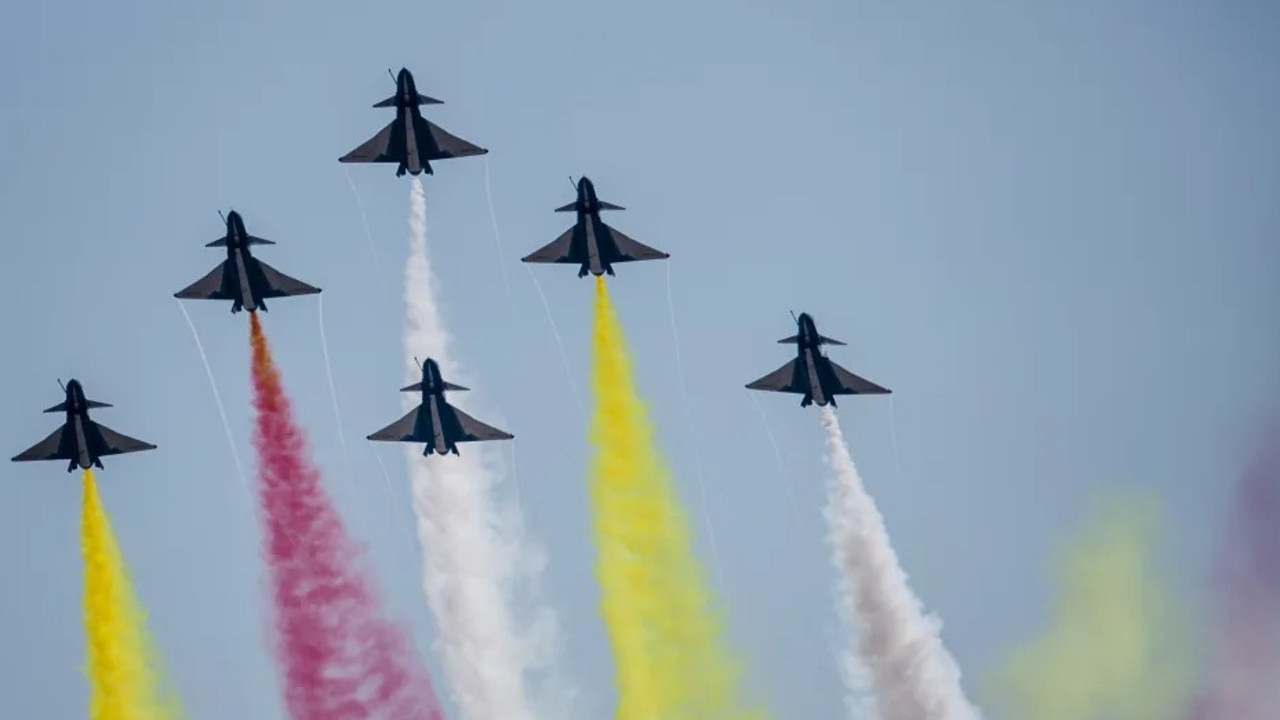

To join the conversation, please log in. Don't have an account? Register
Join the conversation, you are commenting as Logout